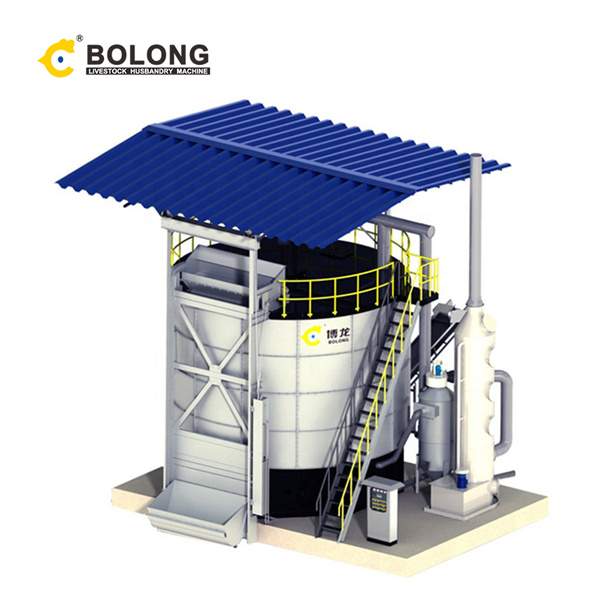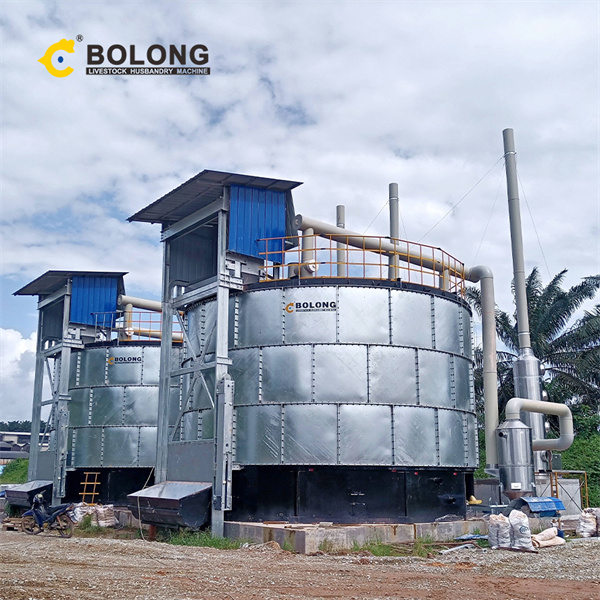Introduction: Soil health is fundamental to sustainable agriculture. Bolong Fermentation Tanks contribute to soil health by producing high-quality compost from livestock manure. This article examines how Bolong Fermentation Tanks improve soil health and promote sustainable farming.

Soil Structure Improvement: Compost produced by Bolong Fermentation Tanks enhances soil structure. The organic matter in the compost improves soil aggregation, increasing its ability to retain water and nutrients. This leads to better root development and healthier plants.
Nutrient Availability: The compost from Bolong Fermentation Tanks is rich in organic nutrients that are slowly released into the soil. This gradual release ensures that plants have a consistent supply of nutrients, reducing the risk of nutrient leaching and promoting long-term soil fertility.
Microbial Activity: Healthy soils are teeming with beneficial microorganisms. The organic matter in compost supports microbial activity, which is essential for nutrient cycling and soil health. Bolong Fermentation Tanks produce compost that boosts microbial populations, enhancing soil biodiversity and resilience.
Case Study: A vegetable farm used compost from Bolong Fermentation Tanks to improve soil health. The farm observed significant improvements in soil structure and nutrient availability, leading to higher crop yields and better-quality produce. The compost also increased soil microbial activity, promoting a healthy and productive soil ecosystem.

Conclusion: Bolong Fermentation Tanks positively impact soil health by producing nutrient-rich compost that improves soil structure, nutrient availability, and microbial activity. These benefits contribute to sustainable farming practices and long-term agricultural productivity.